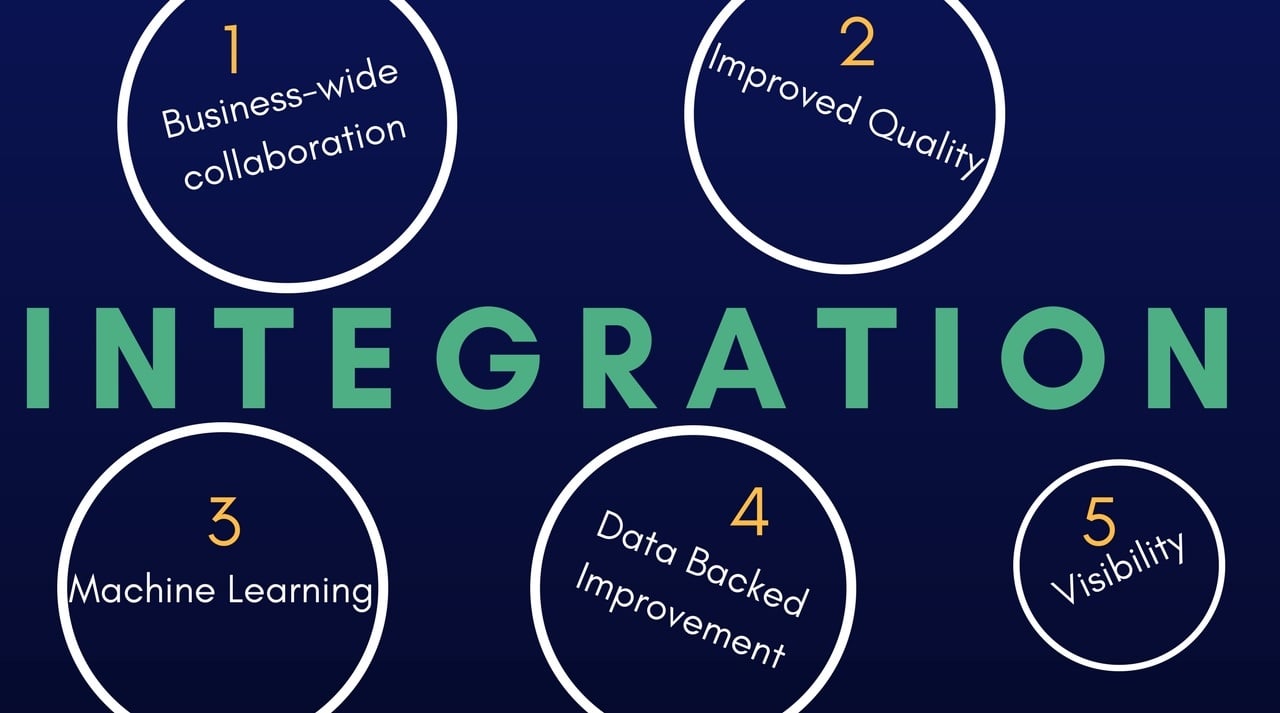Now more than ever, industrial operations and manufacturers are racing to ‘unlock’ process data to leverage their plant-floor information. It’s the challenge of the decade. In order to address this challenge, we need to be looking at what time-series databases and data historians can do.Correct use of these database technologies will mean the difference between simply having data, and being able to analyse and use data to maintain operations and improve the performance of the plant.










